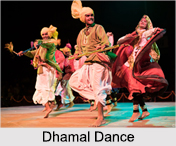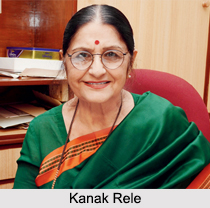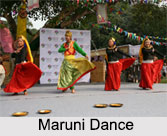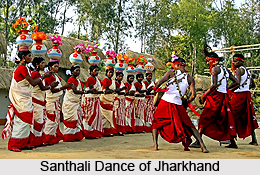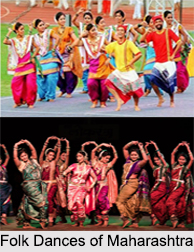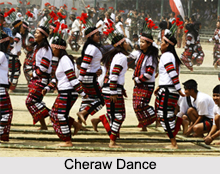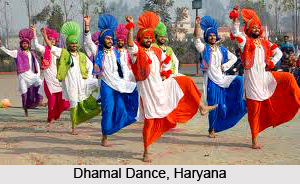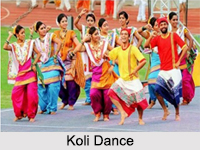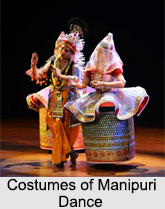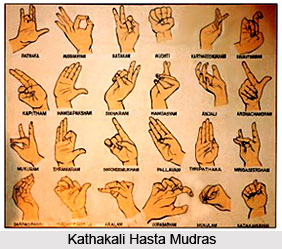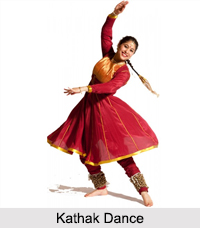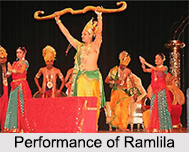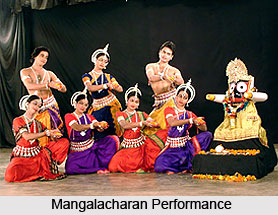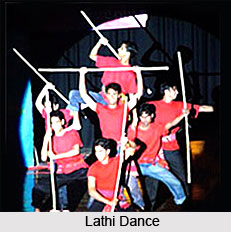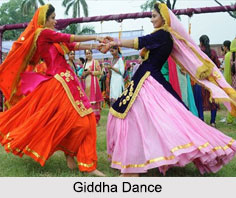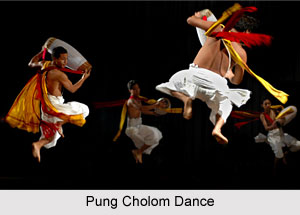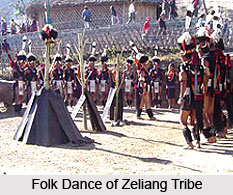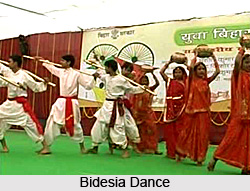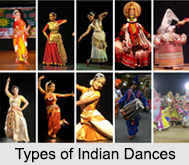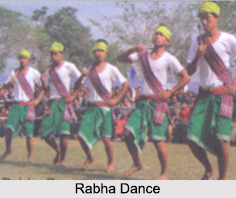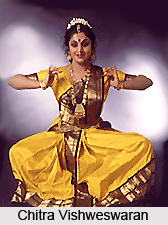 Chitra Vishweswaran is famed as one of the leading Bharatnatyam dancers of India. Along with being an amazing dancer, she is also an excellent teacher and a brilliant choreographer. Chitra has enriched the traditional Indian dance style with contributing her own concepts through her experimentation and innovations. She produced and choreographed several dance dramas in her own style, which were highly acclaimed. Some of them are `Devi Ashta Rasa Malika`, `Panchali` based on Subramania Bharathi`s Panchali Sabadam, `Raghuvamsa Thilakam`, `Ayothi Mannan`, `Dwarakanatham Bhaje`, `Dasavatharam`, and `Nritya Srinkhala`.
Chitra Vishweswaran is famed as one of the leading Bharatnatyam dancers of India. Along with being an amazing dancer, she is also an excellent teacher and a brilliant choreographer. Chitra has enriched the traditional Indian dance style with contributing her own concepts through her experimentation and innovations. She produced and choreographed several dance dramas in her own style, which were highly acclaimed. Some of them are `Devi Ashta Rasa Malika`, `Panchali` based on Subramania Bharathi`s Panchali Sabadam, `Raghuvamsa Thilakam`, `Ayothi Mannan`, `Dwarakanatham Bhaje`, `Dasavatharam`, and `Nritya Srinkhala`.
At a very tender age of three, Chitra`s mother Smt. Rukmini Padmanabhan an excellent dancer herself recognized her talent. Her father was a Railway Adviser at the Indian High Commission in London. Chitra married R.Vishweswaran, a famous singer, musician and santoor player. Chitra`s formal dance training started when she took up western Classical Ballet lessons in London. Later in Kolkata training in Manipuri and Kathak followed this.
Chitra then also received training in Bharatnatyam from the maestro Smt. T. A. Rajalakshmi for next 10 years. Under her guidance, talented Chitra could achieve a level of proficiency. She surprised everyone when she choreographed her first dance just when she was eleven. After that she never looked back.
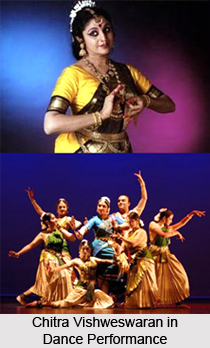 In 1970, Ministry of Human Resources Development awarded her with the National Scholarship for higher study in Bharatnatyam. After this achievement she started undergoing training under Vazhuvoor Ramaiyya Pillai. She completed her training and began to work independently. Various institutions have acknowledged Chitra and universities for her great contribution. She has also been invited to many dance festivals.
Chitra Vishweswaran has bagged many credits for her contribution in Bharatnatyam. She became a member of the General Council and Executive Board of the Central Sangeet Natak Akademi. She is the first dancer to be invited to occupy the Rabindranath Tagore Chair of Fine Arts in the University of Madras. She was honored with `Nritya Choodamani` from Gana Sabha .The `Kalaimamani` title was awarded to her by the Government of Tamil Nadu. The ` was given to her in 1992. `Mahila Shiromani` and `Sthree Ratnam` were added to her list of awards. Chitra Vishweswaran has given amazing dance performances in almost all the major dance festivals of India. She also participates in foreign shows on a regular basis. Her shows are so brilliant along with her lectures that numerous institutions and universities have documented them, for reference.
In 1970, Ministry of Human Resources Development awarded her with the National Scholarship for higher study in Bharatnatyam. After this achievement she started undergoing training under Vazhuvoor Ramaiyya Pillai. She completed her training and began to work independently. Various institutions have acknowledged Chitra and universities for her great contribution. She has also been invited to many dance festivals.
Chitra Vishweswaran has bagged many credits for her contribution in Bharatnatyam. She became a member of the General Council and Executive Board of the Central Sangeet Natak Akademi. She is the first dancer to be invited to occupy the Rabindranath Tagore Chair of Fine Arts in the University of Madras. She was honored with `Nritya Choodamani` from Gana Sabha .The `Kalaimamani` title was awarded to her by the Government of Tamil Nadu. The ` was given to her in 1992. `Mahila Shiromani` and `Sthree Ratnam` were added to her list of awards. Chitra Vishweswaran has given amazing dance performances in almost all the major dance festivals of India. She also participates in foreign shows on a regular basis. Her shows are so brilliant along with her lectures that numerous institutions and universities have documented them, for reference.
Later, she established the `Chidambaram Academy` of Performing Arts (CAPA) at Chennai, to promote the classical dances of India throughout the world; and also for imparting professional training sessions and music therapy treatment for disabled children.
Together Chitra and her husband contributed a lot to the field of music and dance. Experimentations and innovations have been the major characteristics of Chitra`s dance. Chitra continued her dance career.
